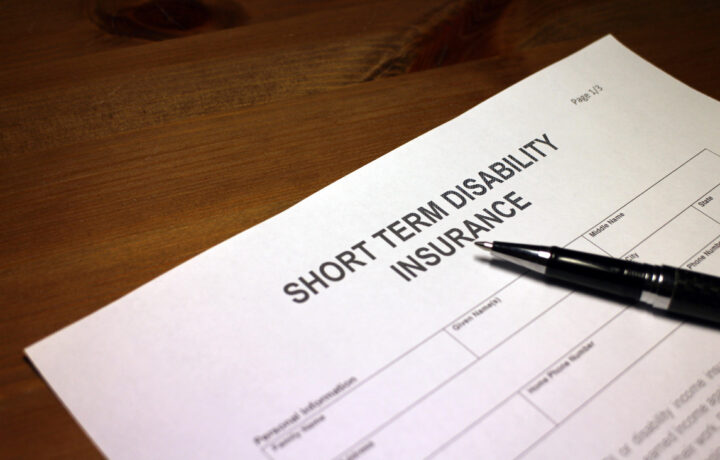As the Department of Defense (DoD) and Intelligence Community (IC) look to destigmatize mental health and encourage security clearance holders to seek out treatment, if necessary, some clearance holders still may be reluctant to if they are worried it will affect their security clearance eligibility or cleared job.
One ClearanceJobsBlog subscriber writes:
I am looking to take some time off as I’ve been stressed at work. My psychiatrist suggested I take short-term disability so I can get paid and retain my benefits during this leave of absence. I am not sure how long I’ll be gone for and if I’ll even return to work. Does a short-term disability case (for me it would be mental health related) affect my clearance? The fact that I’m taking time off as I’m stressed won’t change either way just if I am getting paid during it. Thanks!
SELF-REPORTING
As you navigate applying for short-term disability, your Human Resources department at your company or federal agency will be able to guide you along the way. Another stakeholder to keep informed is your security officer. One background investigator writes on the thread, “Is this a cleared job? Be sure to report this (or at least check with the security office to see if it needs to be reported). As to whether or not it would affect your clearance, I would tend to think it would not… but if you did not report it and they found out later, that would DEFINITELY be an issue.”
Bill Henderson, ClearanceJobs contributor, has also noted in the past that if there is any doubt about whether counseling should be disclosed, it is always a better choice to answer “yes” to the question on the SF-86.
MENTAL HEALTH AND SHORT-TERM DISABILITY
Your mental health could potentially qualify for a short-term disability claim at work, depending on the circumstance. Things like anxiety, depression, eating disorders, substance abuse, or PTSD might allow you to be eligible for short term disability leave. Typically, you should be able to demonstrate that your condition or specific situation is inhibiting you from performing while on the job. This clearance holder is taking the logical first step by getting a diagnosis from their psychiatrist – a prognosis by a physician or mental health practitioner is required to start the claim process.
JOB PROTECTION DURING A LEAVE OF ABSENCE
Unfortunately, short-term disability is not a type of job-protected leave with rights to position reinstatement or return. So essentially, you could be terminated legitimately while you are taking time off, and you are not entitled to your specific job requiring a clearance that you left when you are ready to return.
But, the Muse reported recently that “the Americans With Disabilities Act (ADA) protects people who meet the ADA’s definition of disability…and makes it far more challenging for companies that are covered by the ADA to fire an employee because of their disability.”
There is a lot of nuance involving any issue, particularly those combining mental health and the employment aspects of taking short term disability. But the government has made it clear taking care of your mental health is a priority. Proper documentation will be key, including the steps you take to proactively care for your mental health, and how you’re prepared to return to work after addressing issues.




